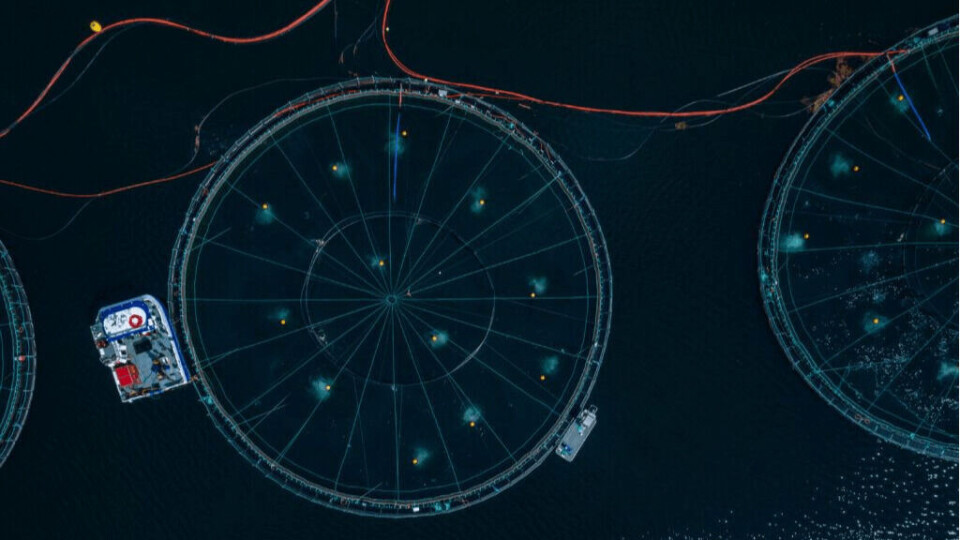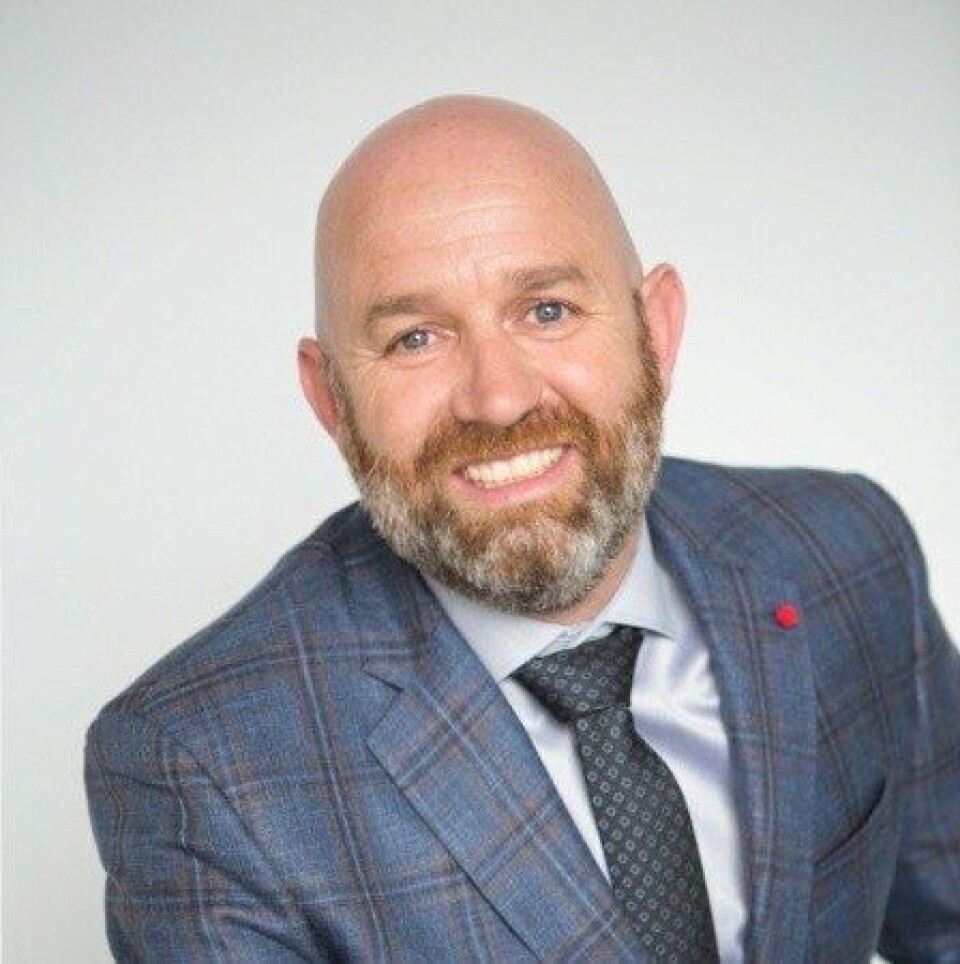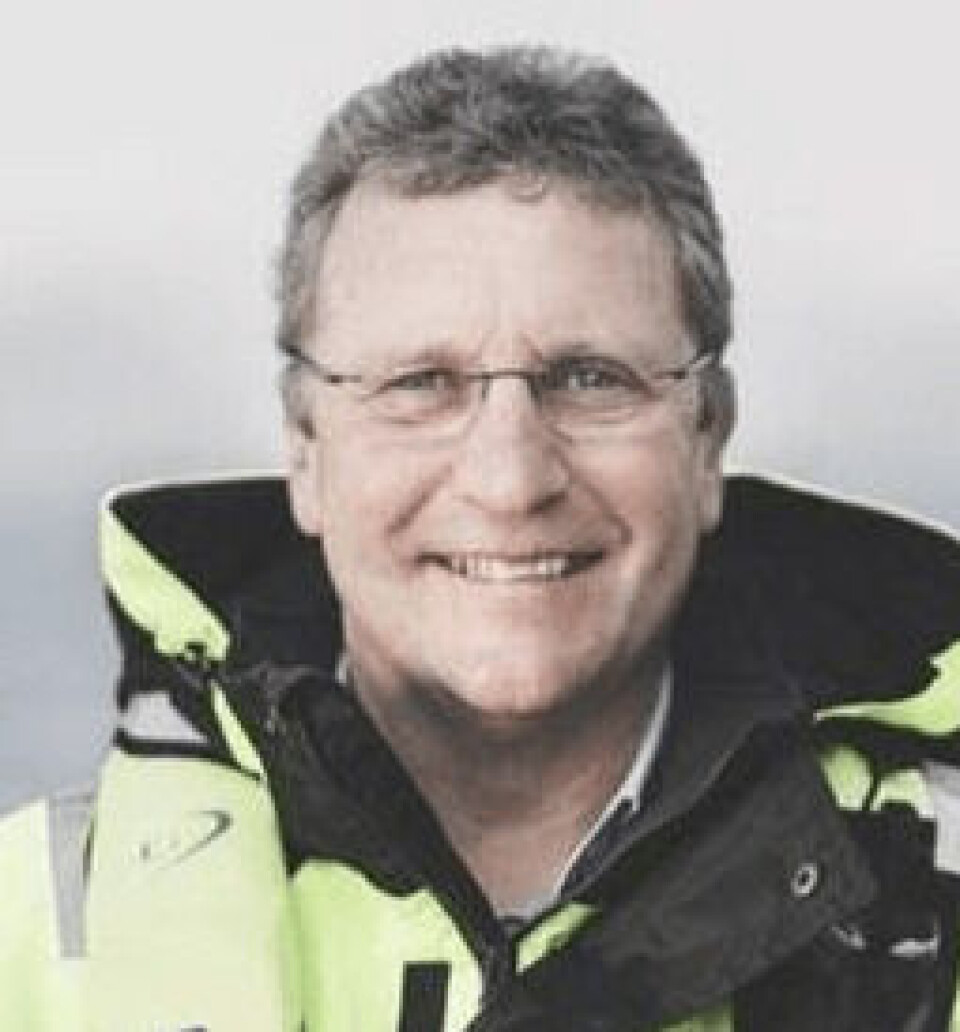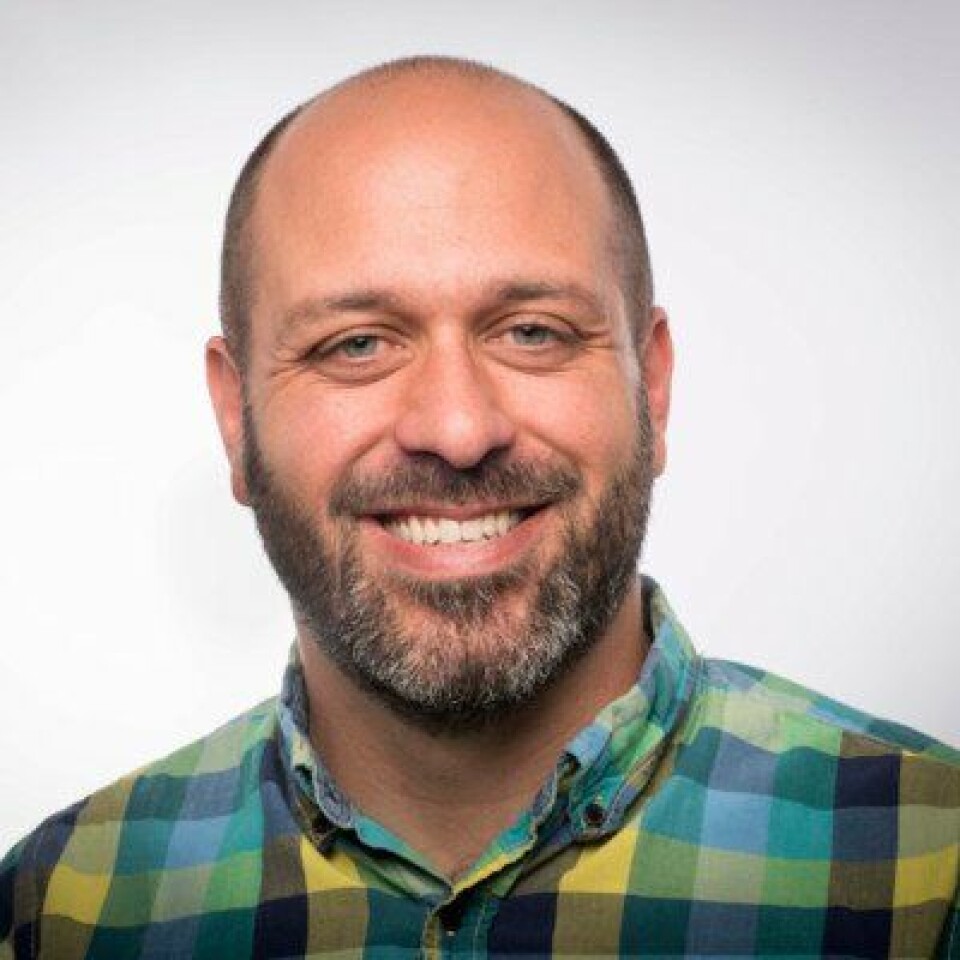
Grieg data platform 'will offer a window on the ocean'
Grieg Seafood has partnered with Californian company Scoot Science to launch an ocean analytics and data management platform that will provide real-time data on ocean environmental conditions to Grieg’s salmon farms.
Once the platform has been integrated in Grieg’s sites in British Columbia, Canada, it will then be deployed at the company’s salmon farms in Newfoundland and Shetland.
The platform, called the SeaState Dashboard, unifies existing sensor networks on farms to collect information and provide a clear window into how the farms react to changing ocean conditions using in-pen data and publicly available data.
Better predictions
Grieg says this means better predicting of ocean trends, giving the company an opportunity to reduce its exposure to marine risks, such as harmful algal blooms and sea lice outbreaks, as well as improve fish welfare and efficiency.
Some of the data collected will also be accessible to indigenous groups, universities, scientists and environmental NGOs to enable them to study ocean trends and understand the interaction between ecological systems (like wild salmon) and the changing ocean environment.
The portal will also make other data available to the public, such as Grieg’s sea lice numbers and compliance with regulatory bodies, which aligns with Grieg’s transparency goals.

‘Unique opportunity’
“As salmon farms are located in remote areas along the coastlines of our oceans, we have a unique opportunity to capture remote environmental data continuously 365 days a year,” said Dean Trethewey, director of seawater production, regulatory and certifications at Grieg Seafood BC in an article on Grieg Canada’s website.
“We know accurate data drives sustainable decisions. With climate change and a new horizon of challenges in our oceans, our stewardship towards sharing data with key stakeholders is paramount.”
Scoot Science, based in Santa Cruz, has a team of oceanographers, data scientists, and software engineers focused on helping fish farmers protect assets, operate sustainably, and increase profits by enabling a more complete assessment of local ocean conditions.
20 years of data
Grieg gave Scoot Science 20 years of archived data to use alongside the real-time data currently collected in the SeaState dashboard. With a deep background in ocean science informing Scoot’s artificial intelligence and statistical approaches, the team is beginning to understand important trends in the coastal ocean and has identified striking correlations between various environmental parameters in Grieg’s data. The result is that the SeaState platform can provide an accurate forecast in the ocean within three to four days.
This SeaState Dashboard will be implemented at all 22 of Grieg’s salmon farms in BC, before expanding to other Grieg Seafood regions.

Digital revolution
“Aquaculture can play an important role in providing healthy nutrition to people in the coming decades, but only if we find new ways to reduce our impact and improve fish welfare,” said Grieg Seafood chief executive Andreas Kvame.
“It is exciting that start-ups outside traditional aquaculture are now looking to help us improve and solve our challenges. That’s exactly what we need. We are still at the beginning of the digital revolution in fish farming, but I am confident that digitalisation will transform our industry and make it more sustainable.”
Tools like the dashboard will provide a deeper understanding of how salmon farm operations are driven by the surrounding ocean environment, as well as inform more accuracy in precision aquaculture.

‘Competitive advantage’
“We’re thrilled about this partnership. Grieg is a leader in precision aquaculture, and we believe that implementing our SeaState Dashboard and forecasting models will give a distinct competitive advantage,” said Jonathan LaRiviere, co-founder and chief executive of Scoot Science.
“The scale of Grieg’s operations will give our team new insights and feedback for refining our analysis tools and will undoubtedly help us to best serve the top producers in aquaculture.”
In its second quarter report published yesterday, Grieg Seafood outlined its success in efforts to mitigate harmful algal blooms (HABs) and low oxygen events that represent significant biological risks in BC.
Continuous monitoring
“Algae movements and oxygen levels are continuously monitored and analysed using high-grade sensor equipment and satellite imagery,” it said in the report.
“In addition, aeration systems have been installed to enable feeding also during challenging situations.
“Historically, algae blooms comparable to the ones in Q2 2020 have impacted farm mortality up to 75%, but with our algae mitigation system we were able to maintain very good survival rates.
Upgraded harvest target
“Our efforts within algae mitigation and digital monitoring will increase survival and harvest volume, and reduce cost going forward. As a result, we have upgraded our targeted harvest volume to 22,000 tonnes (20,000) in 2020.”
Shetland also has issues with HABs, and routines and systems for monitoring and mitigating algae-related issues have been implemented.
“Other measures to ensure strong biosecurity, improved fish health and welfare, and control of the sea lice situation in particular, include the use of aeration systems, cleaner fish, sea lice skirts and freshwater treatments,” said Grieg.






















































